Experientially, Mass at St Paul Shrine, or rather post-Mass Adoration, proved profound today. I have returned to the Shrine after four weeks of being away, disappearing into recollection and regathering. It soothes soulfully to realize spiritually I have a home. My first visit back included my new roommate, a man whose company I treasure, convinced God has placed him in my life. He has suffered through a divorce, father of three prospering adults, a graduate of St Ignatius and John Carroll University, pitching for their baseball team. Our reception after last Sunday’s Mass was charmingly intimate. The Cuban poet friend was lavish with conversation, as well as others, including Jason the operatic professionally trained singer. Today four individuals shared in Adoration. Joan, a widow and mother of sixteen adult children, a spiritual masterpiece within in her disheveled and bewildered appearance. Her chaotic personality, the sickly impression she is barely holding on to sanity, hides a wizened prayerful individual, a soul whose presence I always feel close to. There is no need for words exchanged, nor even a meeting of eyes. A second was Lauren, a woman my age, in her fifties, a purposeful nurse, one who gives everything she has to the caring of patients. She lit three votive candles; praying slowly, silently, and for a serious length of time before the Sacred Heart of Jesus statue. Her sense of anonymity, the lack of self-consciousness, impressed. She is a woman mature in prayer, presenting the reality she is a soul who has learned to access grace for others. Speculating, I felt confidence her intense prayer life is dedicated to the salvation of others. A third individual was Chris, the Man of Prayer. We spent Thanksgiving together after not speaking for well over five or so months. The one-on-one lunch was penetrating, introspective and properly self-analyzing. I have never met someone so intent on basing everything about their life solely upon their prayer life. Everything he does—organizing time, structuring days, psychological healing and exercising insight into his thoughts and feelings, socializing and professional experiences—are done strictly in regards to improving his prayer life. To spend one-on-one time with the Man of Prayer is truly a blessing. Providence provided a Thanksgiving lunch with him at Siam Café after Mass at St Paul Shrine. The fourth individual is a man I hardly know, an elderly gentleman named Tom. His smiling face exposes his joyful demeanor. His open and welcoming greetings are respected with a friendly distance and few words. His presence sitting behind me always brings a spiritual smile when I turn during the exchanging of peace. A fifth individual should be mentioned. He served during Mass, fairly new in appearance, yet substantial in impression. He appears to be quite successful as a businessman, always well-groomed and professionally dressed. His mild-mannered disposition renders one defenseless. His devotion to Mass, and his obvious dedication to the Poor Clares of Perpetual Adoration, reflects a psychological soundness, a purity of intent and motivation. That goes for the elder gentleman Tom. I find it comforting to discover an authentic love of a deep prayer life comingled with a sensible, humble, and well-adjusted personality. Exiting the Sacristy, the man serving during Mass walked closed. I waved, feeling a deep sense of Christian camaraderie. His big smile warmed my heart. Sitting contemplatively before the Eucharist, a sense of community enhanced and enlightened.
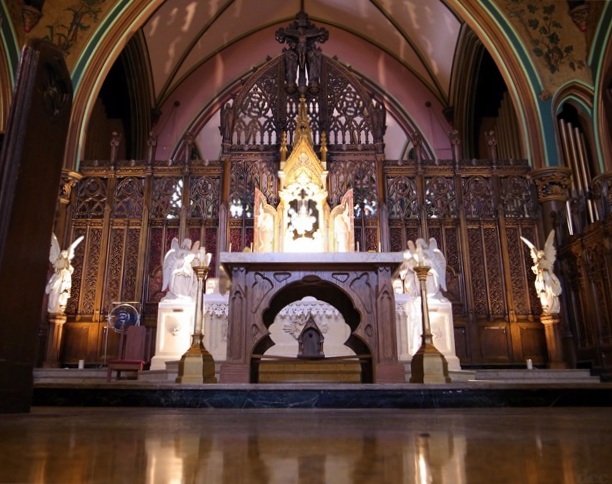


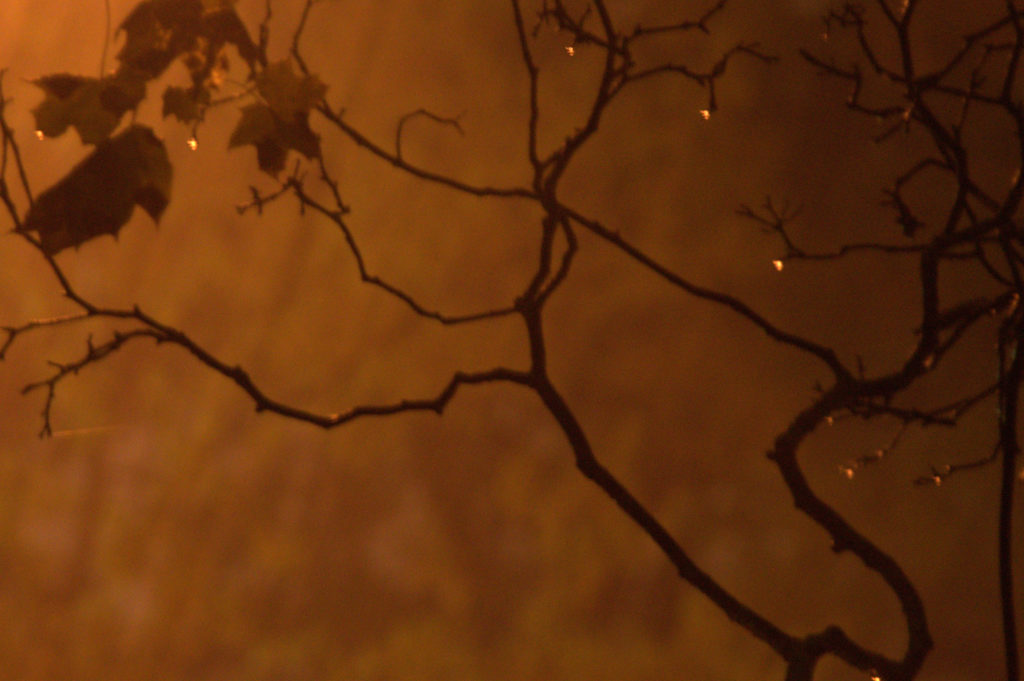
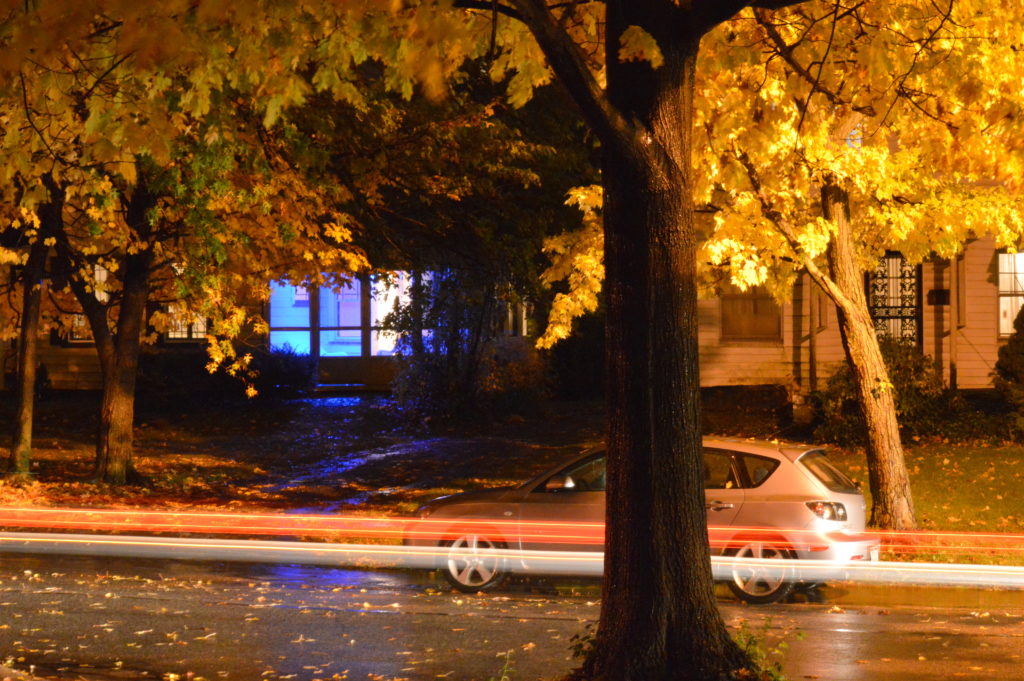
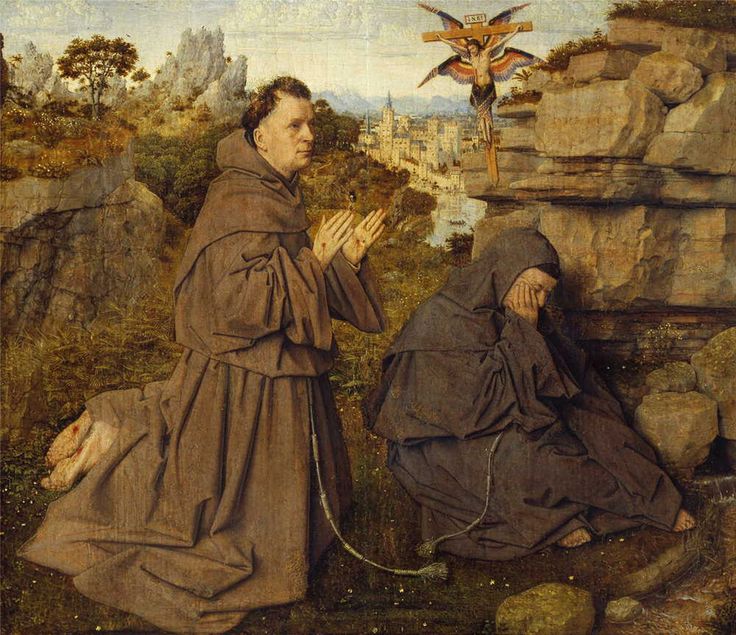
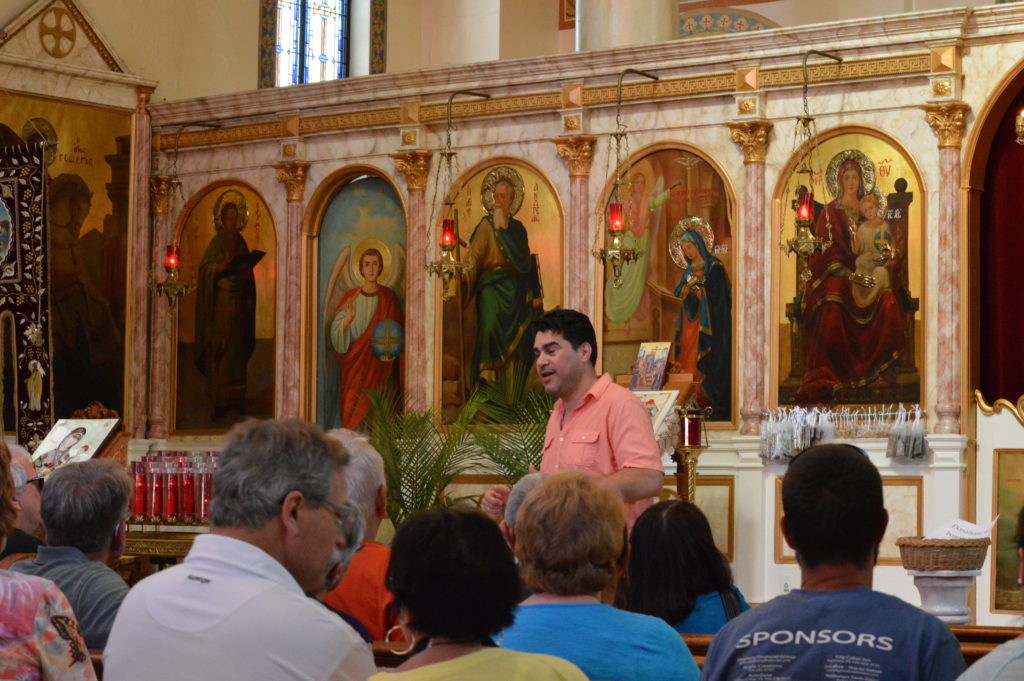
Recent Comments